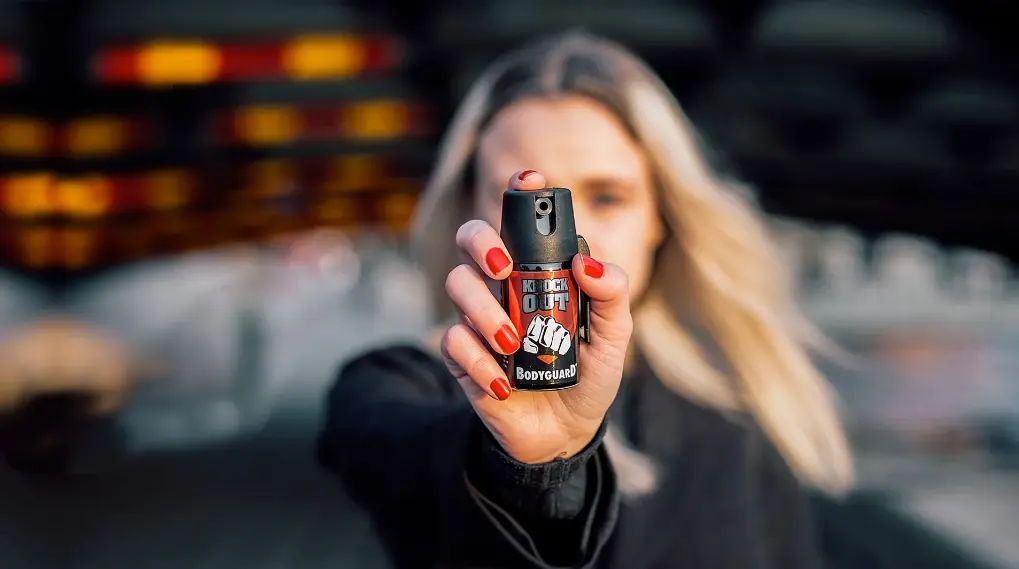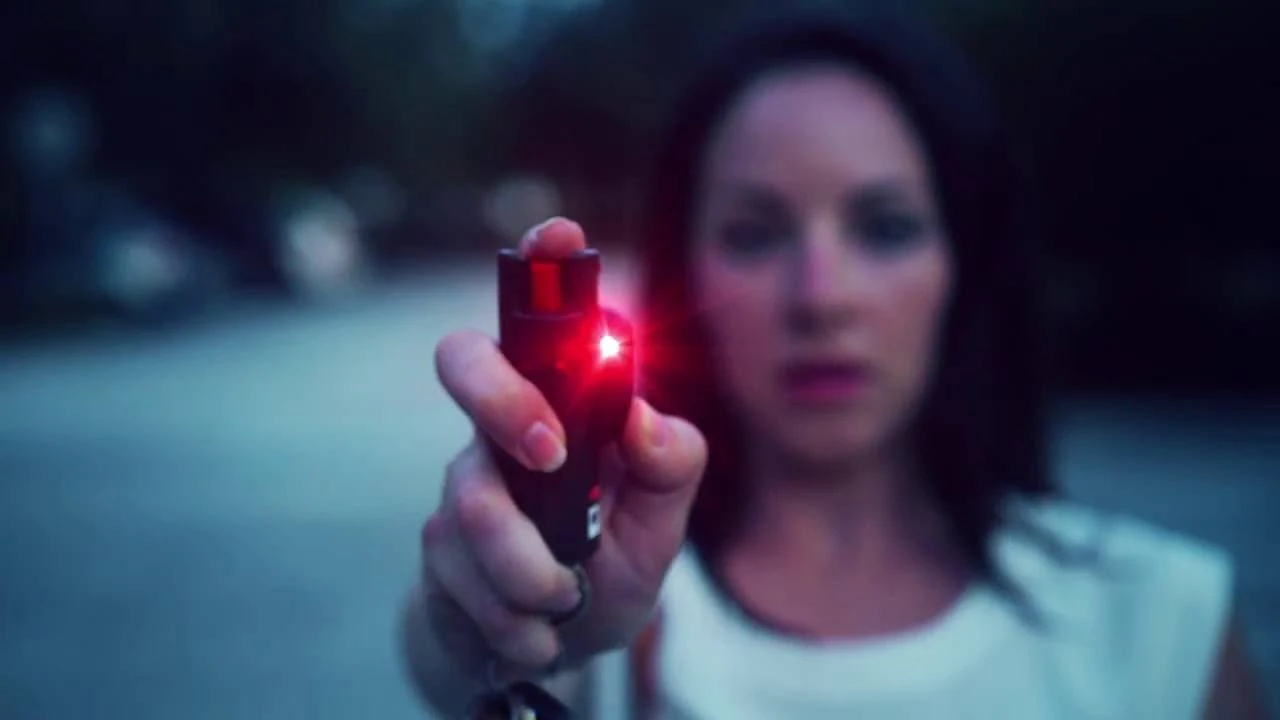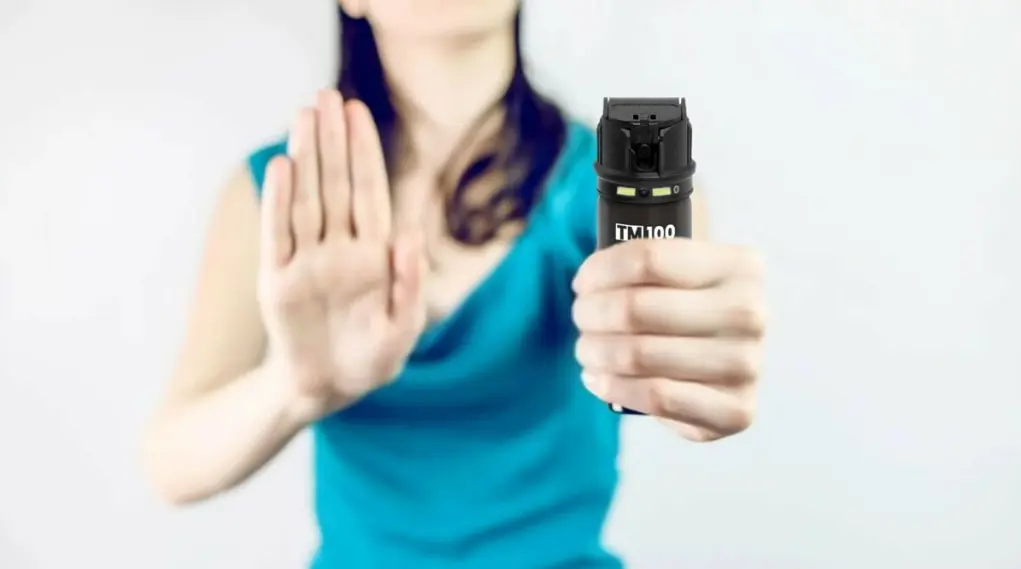In a world where personal safety is a paramount concern, self-defense tools have become increasingly popular. Among these tools, self-defense sprays stand out due to their effectiveness, ease of use, and portability. Whether you are walking alone at night, jogging in a secluded area, or simply want to feel more secure in your daily life, a self-defense spray can provide an extra layer of protection. This article will delve into the various aspects of self-defense sprays, highlighting their benefits, types, proper usage, and important considerations.
What is Self Defense Spray?
Self-defense spray, commonly known as pepper spray or mace, is a non-lethal aerosol that can incapacitate an attacker by causing severe irritation to the eyes, skin, and respiratory system. The active ingredient, capsaicin, is derived from hot peppers, making it a potent deterrent against potential threats. When sprayed, it can cause immediate pain, temporary blindness, and difficulty breathing, giving the victim a crucial window of time to escape and seek help.
Benefits of Self Defense Spray

- Effectiveness: Self-defense sprays are highly effective in stopping an assailant in their tracks. The intense burning sensation and temporary blindness can incapacitate an attacker, giving the user valuable time to flee.
- Non-lethal: Unlike firearms or other lethal weapons, self-defense sprays are designed to incapacitate without causing permanent harm. This makes them a safer option for both the user and the attacker.
- Easy to Use: Most self-defense sprays come with simple instructions and are easy to deploy, even under stress. They typically feature a push-button or flip-top mechanism that can be activated quickly.
- Portability: Self-defense sprays are compact and lightweight, making them easy to carry in a purse, pocket, or on a keychain. This ensures that they are always within reach when needed.
- Legal: In many regions, self-defense sprays are legal to carry without the need for a special permit. However, it is essential to check local laws and regulations to ensure compliance.
Types of Self Defense Sprays
Self-defense sprays come in various formulations and delivery methods, each with its advantages and considerations.
- Pepper Spray: The most common type, pepper spray contains oleoresin capsicum (OC), which causes intense burning and irritation. It is effective against humans and animals and is available in various concentrations.
- Tear Gas Spray: Tear gas sprays contain chemical compounds like CS or CN, which irritate the eyes and respiratory system. While effective, they can be less potent than pepper spray and may take longer to incapacitate an attacker.
- Combination Sprays: Some self-defense sprays combine pepper spray with tear gas or UV dye. The UV dye marks the attacker, making it easier for law enforcement to identify them later.
- Gel Spray: Gel sprays offer a more precise stream, reducing the risk of blowback in windy conditions. They also adhere better to the target, increasing the spray’s effectiveness.
- Foam Spray: Foam sprays expand on contact, covering the attacker’s face and making it difficult to see and breathe. They are less likely to affect bystanders or the user.
How to Use Self Defense Spray
 Proper usage of self-defense spray is crucial for it to be effective. Here are some steps to ensure you use it correctly:
Proper usage of self-defense spray is crucial for it to be effective. Here are some steps to ensure you use it correctly:
- Familiarize Yourself: Before an emergency arises, familiarize yourself with your self-defense spray. Practice holding and aiming it, and know how to activate the spray quickly.
- Aim for the Eyes: When faced with a threat, aim the spray at the attacker’s eyes and face. This will maximize the spray’s effectiveness in incapacitating the assailant.
- Short Bursts: Use short bursts of spray, typically one to two seconds. This conserves the spray and allows for multiple applications if necessary.
- Create Distance: After spraying, create as much distance as possible between you and the attacker. Use the opportunity to escape and seek help.
- Seek Safety: Once you are safe, contact law enforcement to report the incident. Provide any details you can about the attacker and the situation.
Important Considerations
While self-defense sprays are valuable tools, there are important considerations to keep in mind:
- Legal Restrictions: Always check local laws regarding the possession and use of self-defense sprays. Some regions have specific regulations or restrictions.
- Expiration Date: Self-defense sprays have an expiration date, usually between two to four years. Replace your spray before it expires to ensure it remains effective.
- Storage: Store your self-defense spray in a cool, dry place, away from direct sunlight and extreme temperatures. This prevents degradation of the active ingredients.
- Training: Consider taking a self-defense class that includes training on using self-defense sprays. This can increase your confidence and preparedness in a real-life situation.
- Responsibility: Use self-defense sprays responsibly and only in situations where you genuinely feel threatened. Misuse can lead to legal consequences and harm to innocent individuals.
Conclusion
Self-defense sprays are an essential tool for personal safety, offering a reliable means of protection in potentially dangerous situations. Their effectiveness, ease of use, and portability make them a popular choice for individuals seeking to enhance their personal security. By understanding the different types of sprays, proper usage techniques, and important considerations, you can maximize the benefits of this powerful self-defense tool. Remember, the key to effective self-defense is preparation, awareness, and the responsible use of available resources.
